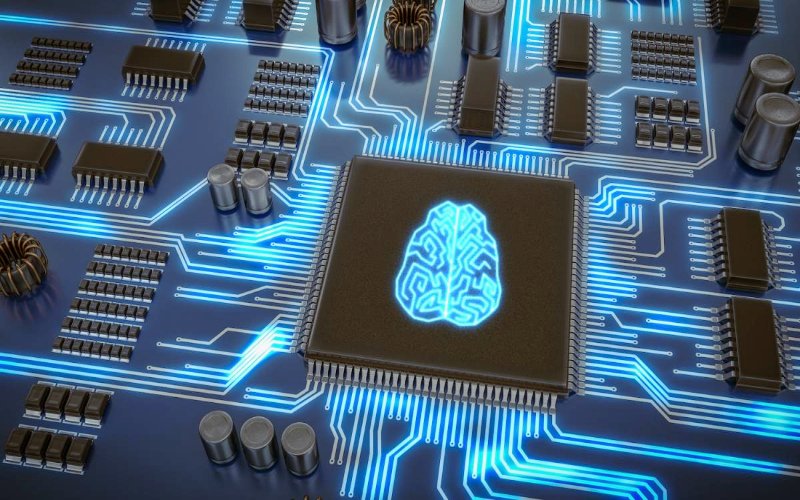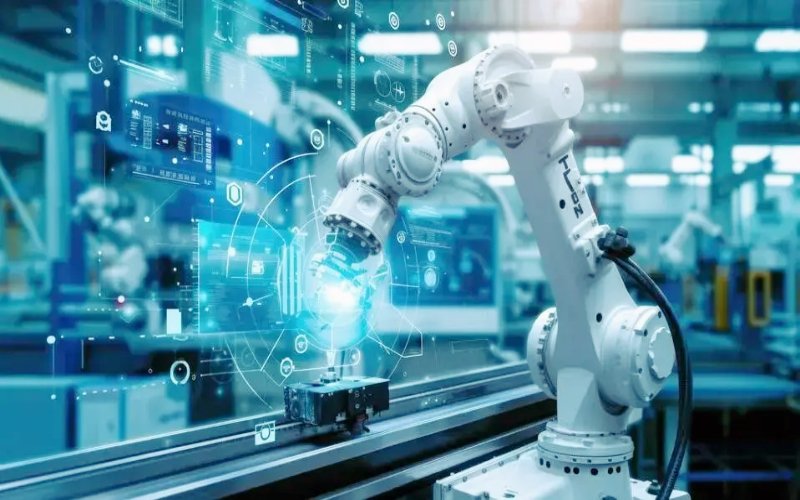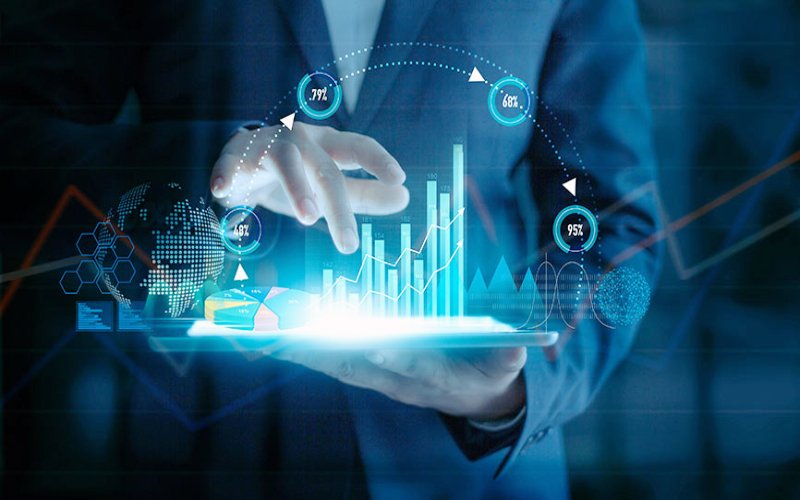Artificial Intelligence (AI) is often seen as a disruptive force in the workforce, sparking debates about its potential to replace human jobs. However, a closer look reveals that AI offers numerous opportunities to transform employment positively. From creating new roles to enhancing productivity, AI’s influence is reshaping industries and unlocking new potential for workers. This article delves into the various ways AI is making a positive impact on employment.
Understanding the Job-Enhancing Role of AI
AI as a Catalyst for New Job Opportunities
AI has become a driving force behind the creation of new roles across industries. With advancements in technology, fields like AI development, data science, and machine learning have experienced exponential growth. These roles require expertise, creativity, and collaboration, offering lucrative opportunities for skilled professionals.
Moreover, the integration of AI into business operations has led to the emergence of hybrid roles. For instance, companies are hiring professionals who can bridge the gap between AI systems and end-users, such as AI trainers and ethicists. This diversification of roles showcases the positive impact of Artificial Intelligence on employment.
Empowering Small Businesses
AI tools are leveling the playing field for small and medium-sized enterprises (SMEs). By automating repetitive tasks like inventory management and customer service, AI allows small businesses to operate more efficiently. This, in turn, frees up resources to invest in human talent, creating more job opportunities.
Furthermore, AI-powered marketing tools help SMEs reach their target audience effectively. As a result, businesses can scale operations, leading to increased demand for roles in sales, marketing, and customer support.
Enhancing Workforce Efficiency
Boosting Productivity Across Industries
One of the most significant contributions of AI is its ability to enhance workforce productivity. In industries like manufacturing, AI-powered robots assist workers by handling repetitive and labor-intensive tasks. This allows human employees to focus on higher-value activities, such as quality control and innovation.
In healthcare, AI streamlines administrative tasks like scheduling and billing, giving medical professionals more time to concentrate on patient care. By automating mundane tasks, AI enables workers to achieve more in less time.
Improving Decision-Making Processes
AI’s data analysis capabilities are revolutionizing decision-making processes. In finance, for example, AI algorithms analyze market trends, helping analysts make informed investment decisions. Similarly, in retail, AI systems predict consumer behavior, enabling businesses to optimize inventory and pricing strategies.
This collaboration between AI and human expertise highlights the symbiotic relationship that enhances overall efficiency while demonstrating the positive impact of Artificial Intelligence on employment.
AI and the Evolution of Job Roles
AI’s Contribution to Economic Growth and Job Creation
Artificial Intelligence is driving economic growth by streamlining processes and fostering innovation. This expansion translates into job creation across various levels. For instance, AI startups require engineers, project managers, and sales professionals, creating a ripple effect of employment opportunities.
As businesses adopt AI to increase efficiency, they often reinvest savings into expanding operations, further boosting employment rates. This highlights how AI’s economic impact directly benefits the workforce.
Reshaping Roles Instead of Eliminating Them
Contrary to popular belief, AI is more likely to reshape roles than eliminate them. For example, in healthcare, AI-powered diagnostic tools assist doctors by analyzing data faster, enabling them to focus on patient care.
Similarly, in finance, AI streamlines processes like fraud detection while human analysts interpret complex data to make informed decisions. This collaboration between humans and AI exemplifies how technology complements, rather than replaces, human expertise.
Fostering Creativity and Lifelong Learning
Supporting Sustainable Development Goals
AI is advancing sustainability initiatives, creating green jobs in renewable energy and environmental monitoring. For instance, AI-powered systems optimize energy consumption in industries, reducing their carbon footprint and increasing demand for roles in green tech.
Governments and organizations are investing in AI-driven sustainability projects like smart cities and waste management systems. These initiatives not only support global sustainability goals but also generate employment opportunities in emerging fields.
Encouraging Lifelong Learning
The rapid evolution of AI has underscored the importance of lifelong learning. Workers are adopting a growth mindset, embracing continuous education to stay competitive. AI-based learning platforms provide personalized resources to upskill workers efficiently.
This culture of learning benefits both employees and employers, ensuring a more adaptable and skilled workforce prepared for the jobs of the future.
Addressing Challenges and Ethical Considerations
Overcoming Challenges with AI Integration
The transition to an AI-driven economy can lead to temporary job displacement. However, this disruption is often mitigated by reskilling initiatives and policy interventions. Governments and organizations are promoting education and workforce development programs to address these challenges proactively.
By focusing on solutions, society can ensure that AI integration benefits everyone, further cementing the positive impact of Artificial Intelligence on employment.
The Importance of Ethical AI Implementation
Ethical considerations are crucial for AI to have a lasting positive impact on employment. Transparency, fairness, and accountability in AI systems are essential to avoid biases and misuse.
Organizations are hiring AI ethicists and compliance officers to align their systems with ethical standards. This focus on responsible AI creates job opportunities in regulatory and oversight roles while building trust.
Preparing for the Future Workforce
The Global Perspective: AI and Workforce Diversity
AI encourages diversity in the global workforce by enabling remote collaboration. Businesses can now tap into talent pools from around the world, promoting inclusivity and cultural exchange.
This globalization has also sparked interest in multilingual AI tools, creating opportunities for linguists, translators, and localization experts. By connecting people across geographies, AI fosters a more interconnected and diverse workforce.
Preparing for the Future of Work
Policymakers, businesses, and individuals must collaborate to prepare for the future of work in an AI-driven economy. Investments in education, infrastructure, and research are critical to sustaining AI’s positive impact on employment.
By fostering a forward-thinking approach, society can harness AI’s potential while addressing its challenges, ensuring a brighter and more inclusive future for the workforce.
Conclusion
The positive impact of Artificial Intelligence on employment is undeniable. Far from replacing humans, AI is transforming the way we work, creating opportunities, and driving innovation. By reshaping industries, fostering inclusivity, and promoting lifelong learning, AI empowers workers and enhances productivity.
However, realizing the full potential of AI requires a commitment to ethical implementation, proactive policymaking, and continuous adaptation. When embraced responsibly, AI has the power to redefine employment as a tool for progress and opportunity. Let’s continue to approach AI integration thoughtfully, prioritizing collaboration between technology and humanity for a brighter, more inclusive future.
Also visit on techitl.com.




